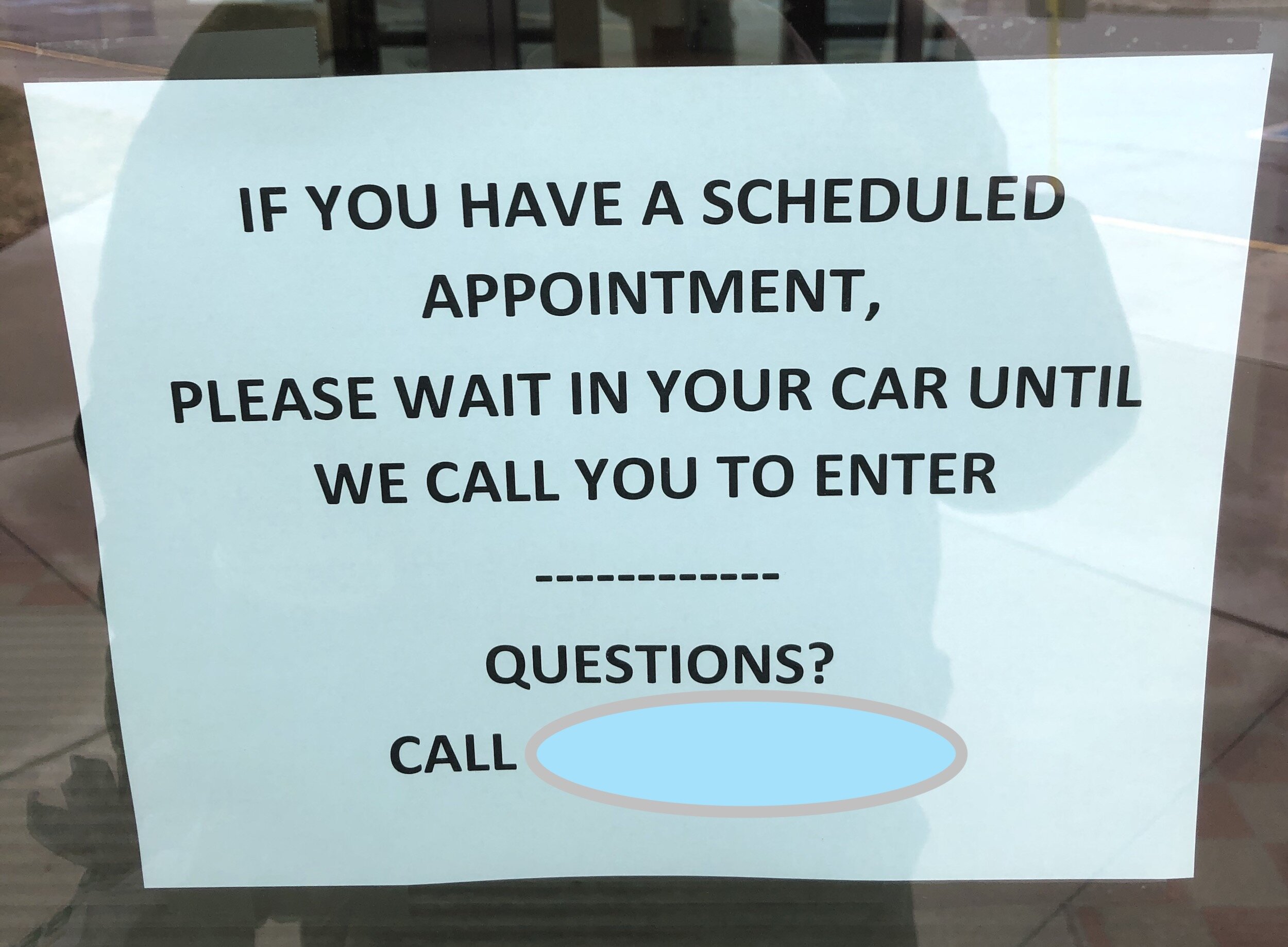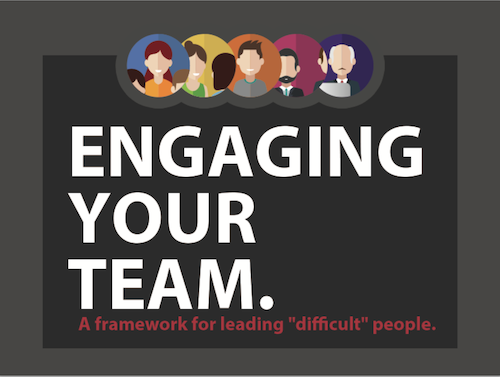The following is an excerpt from our free eBook. Family Legacy: Protecting Family in Family Business.
Preventing Conflict
Rarely do families implement guidelines or procedures for managing family interactions within a family business. However, in many consulting situations, ground rules for communication are a helpful tool. Consultants who work in emotionally-charged groups will often set up guidelines for communication to help the consulting process succeed. Thus a simple rule such as “Refer to titles not people” or “Only speak for yourself” can help to reduce the risk of escalating conflict, as a comment like “Everybody knows that Robert is failing as a leader” can become “We need more leadership from the President position.”
Family businesses often do not implement structures that could prevent conflict. Suggestions regarding setting up a family constitution, holding regular family councils, or annual family assemblies are often met with resistance. “We don’t have time” or “I don’t want to mix family and business” are two of many reasons cited not to formalize the family’s interactions with the business and ownership dimensions. Even more resistance can be felt when the suggestion is to bring in an “outsider” in the form of a “family expert,” as many see this as unnecessary at best and a threat at worst. Attitudes persist that “good families” don’t need help. Unfortunately, most wait until problems have festered for years or decades and much damage has already been done.
A recent conversation will illustrate this sad situation. The author had a family business owner referred for possible consultation due to the fact that three siblings were beginning to “lawyer-up” for a fight over the assets of the parent’s estate and business holdings. The discussion was about how the siblings had reached the point where two had retained lawyers and the third was feeling compelled to “do something.” As we discussed the situation, the brother decided that it was unlikely that he could engage his co-owner siblings in a consulting process. He stated forlornly, “We should have had you come in years ago.” It is a sad comment family business consultants hear far too often.
When families are passive about the family issues, when they delay acknowledging tensions, and do not avail themselves of quality help, they often allow resentment, bitterness, conflict, and separation to grow and congeal. Businesses develop plans, engage in strategic thinking, hire experts to assist them . . . families deserve no less consideration and support.
“Strong fences make good neighbors.” Old Saying
“Love thy neighbor, yet don’t pull down your hedge.” Benjamin Franklin
Robert Frost, in his poem “Mending Wall” bemoans the division that barriers represent. He indicates “something there is that doesn’t love a wall, that wants it down.” Most of us, especially in our families can agree. We want connection, not separation. But . . .
Handling Conflict
Family members need to understand what it means to be a good bystander. When humans experience conflict they often respond in one of three basic ways: avoid, freeze, or fight. When a family member sees conflict between two other family members, the tendency is to try to determine who’s right or assess who needs their loyalty or protection. This usually serves to broaden the fight from a two-person problem to a three-person problem, or even a whole-family problem.
Yes, there are times when assessing and acting if someone behaves in an unfair, unethical, or aggressive way—and confronting that issue—is necessary. But with most family conflicts the problems are less black and white and usually come from real differences in opinion, experience, or coping strategies.
How to Protect the Family: Structure and Process for Family Businesses
Researchers have found that families benefit from structure, routine, planning, and communication. Recent attention in the news to findings like the positive impact of families who eat at least four meals together a week would be one example. Family businesses benefit from these structures as well. Here are some of the vehicles that family firms use to protect and help the family succeed:
Family Constitution or Mission: A document created to state the family’s values and goals. Used to continue to provide an anchorage for the family to return to as the family business grows and changes.
Annual meetings: Annual events, often combined with a family reunion, to engage the family and inform them of the strategic planning and performance of the family business.
Family Councils: A representative group meeting regularly to develop plans, policies and procedures for the family business; with a particular focus on creating good communication and interrelationship between the business and the family.
Succession Planning: A process to create a plan to guide, sustain, and promote the health of the family and business as ownership, management, and family roles change and pass from one generation to the next.
Sadly, the old adage, "those who don't plan . . . plan to fail" is still often proved true, even often in the modern day family business where information and resources are widely available.
Help your family business or the family businesses you serve. Get our free eBook: Family Legacy.






































